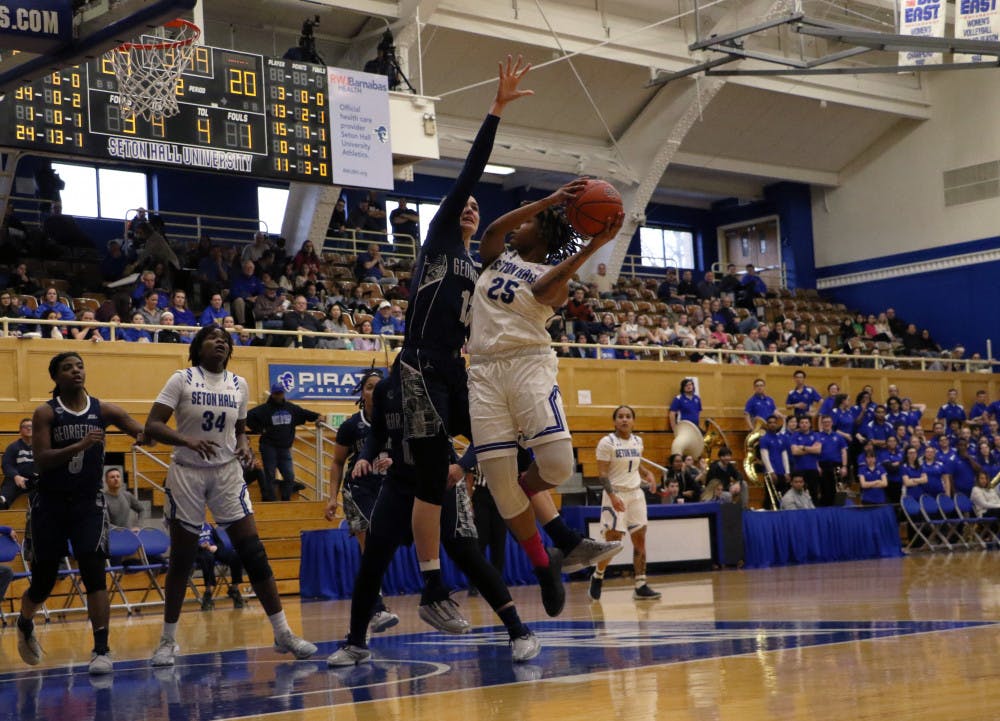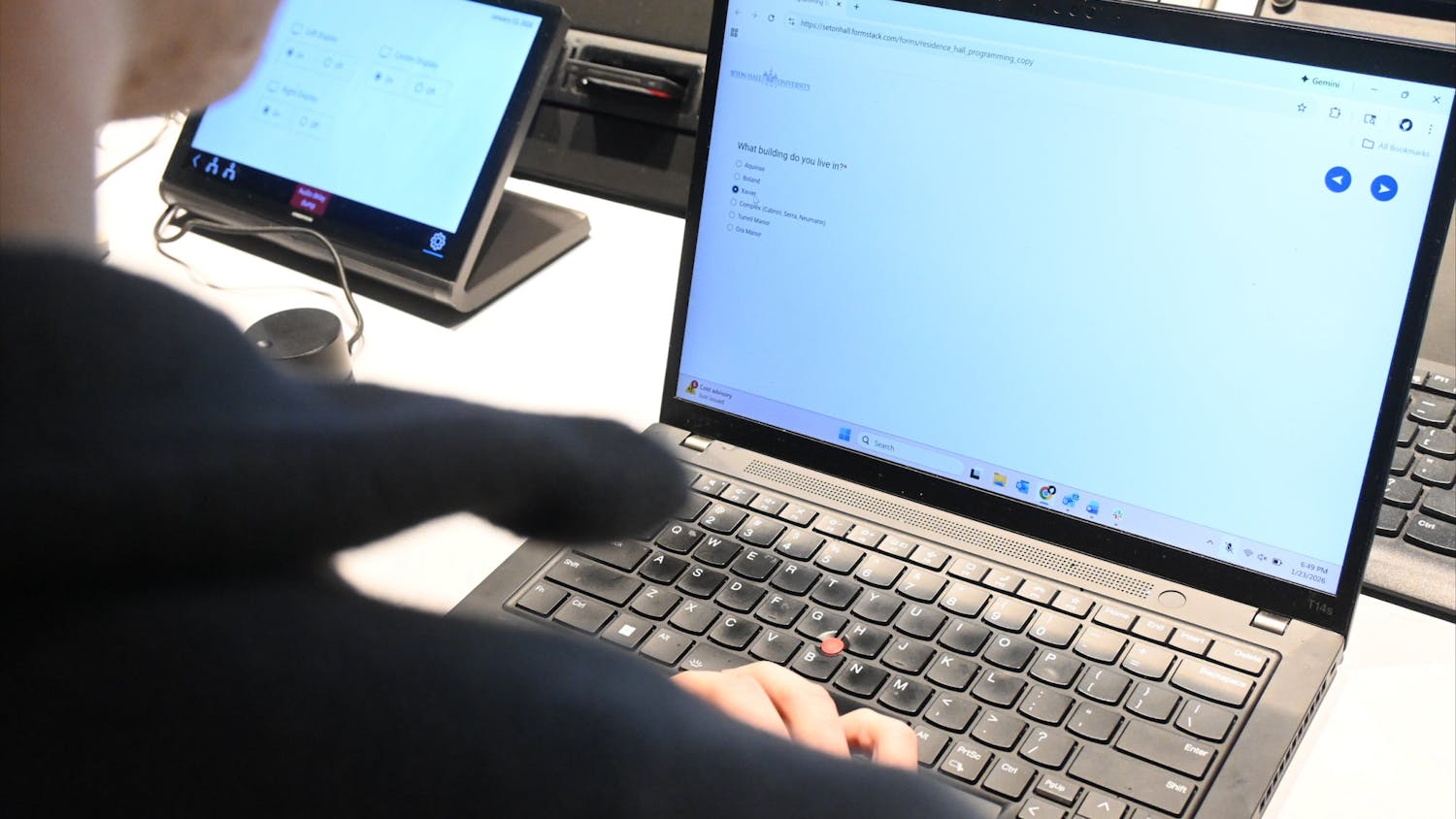State minimum wage rates spiked across the country with the start of the new year. From a few cents to a dollar in some places, employees in 29 states and the District of Columbia will now take home bigger paychecks due to the results from ballot initiatives, enacted legislation and adjustment to inflation.
New Jersey is one of nine states where the minimum wage increased due to indexed increases included in state law. In 2014, the minimum wage was $8.25. After Jan. 1, it became $8.38.
The annual indexed increase that became effective on Jan. 1 is based on CPI (Consumer Price Index), according to the National Conference of State Legislatures.
Although the increase is just 13 cents, students working on campus are still affected by the meager wage bump. According to Assistant Director of Financial Aid Darlene Robinson, the office is aware of the increase and is currently implementing the change in the system for the upcoming pay period.
The difference will not significantly affect students’ jobs on campus, but Robinson explained in an email that there will be some minor immediate changes.
“The small increase to the pay rate will slightly decrease the number of hours students are eligible to work in the spring semester based on the remaining amount of their federal work study balance,” she said.
The amount of hours is dependent on a student’s remaining federal study eligibility, according to Robinson, so changes will vary for everyone.
Junior Lauren Goldsberry works in the Recreation Center. She said the increase of minimum wage will not make much of a difference to her.
“My money comes from a pot in which I am allowed a certain amount and can pull from. At the end of the semester if I don’t spend all the money in the pot then it goes to waste,” she said.
Goldsberry sees the wage increase as a slight inconvenience to her way of saving: either way it’s the same amount of money “in the pot.”
“The problem with the increase of minimum wage is that they are not giving me any more money to pull from so the way I see it is that I am getting the same amount of money just within a shorter period since my paychecks will be larger,” she said.
Sophomore Devan Richards works at the Campus I.D. Office.
“I actually had no idea this change even took place,” she said.
Richards said the change won’t affect her hours.
“Since we’re only allowed to work 20 hours a week we’re lucky that it’s possible with all the student workers that the 13 cents won’t really make a difference.”
New Jersey’s minimum wage is higher than the federal rate of $7.25.
Mary Marshall can be reached at mary.marshall@student.shu.edu





